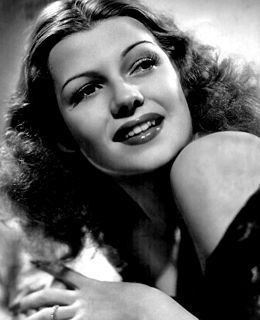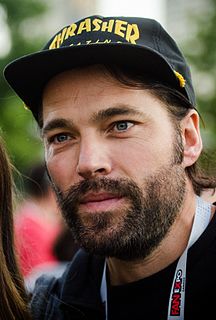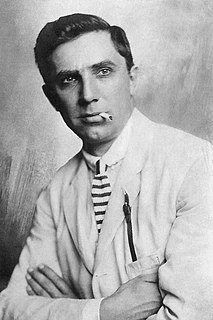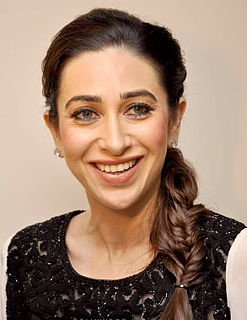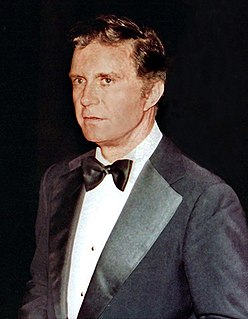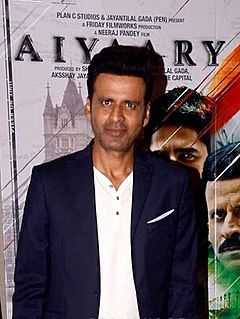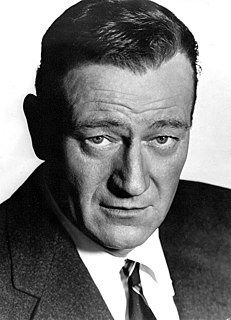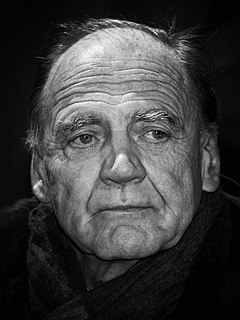A Quote by Rita Hayworth
Every actor. every director, everybody needs an Oscar. You have to have that little statue in Hollywood or else you are nothing.
Related Quotes
I feel that being an actor is a front-row seat into seeing how everybody else makes their movies. Basically, being in the trenches for ten years is like a college-level course in filmmaking if not more. It feels like every director I work with and every set that I visit as an actor, I see someone else's definition of filmmaking.
I think the Oscar So White campaign really sparked ... Because you didn't want to be the Oscars, so everybody in Hollywood was like, well, before the heat comes down. The Golden Globes diversified. Just everybody ended up diversifying as far as handing out awards to more diverse folks in Hollywood because at the end of the day, it doesn't matter what your race is. If you're waking up every day and you're doing the work, you deserve an opportunity to be awarded like everybody else.
Every record has been destroyed or falsified, every book has been rewritten, every picture has been repainted, every statue and street building has been renamed, every date has been altered. And that process is continuing day be day and minute by minute. History has stopped. Nothing exists except the endless present in which the party is always right.
The amount of preparation I saw from someone like [David] Fincher, and how aware he is of everybody else's job on the set, and how much respect he has for every aspect of the film, and every aspect of the frame - that's the type of actor I am now; it's not the type of actor I was then. But without understanding his process, and then coming to learn it later on, I would never be the actor I am now.
You can say something that can really help and actor and you can say something that can really get in the way of an actor's performance, kind of cut them off from their instincts and really get into their heads. And every actor's different. Every actor requires something different. Being an actor, for me, was the greatest training to be a writer and director.
